I am having a cross domain problem connecting from localhost to a remote server at Nodejitsu via Socket.io. I get an error "...header contains multiple values 'http://evil.com/, *', but only one is allowed". More details below:
I have an Express/Mongoose/Socket.io app running at Nodejistu serving as a REST API, it serves no HTML files.
Locally I have an Angularjs+Requirejs app (running at http://localhost:8000) trying to connect to the remote API and I can't get access. While I can test the API methods with POSTMAN and am able to read the socket.io script frontend from the Angular RequireJS app, the connection is not granted access and cause server crash looping.
In my NodeJS/Express app on Nodejitsu, I have set the following:
var express = require('express');
var app = express();
var bodyParser = require('body-parser');
var morgan = require('morgan');
var port = process.env.PORT || 80; // set our port the same as Nodejitsu
// ATTACHING SOCKET.IO
var server = require('http').createServer(app);
var io = require('socket.io')(server);
app.set('socketio', io); // socket instance of the app
app.set('server', server);
// CONFIGURE BODY PARSER
app.use(bodyParser.urlencoded({ extended: true }));
app.use(bodyParser.json());
//CORS SETTING
app.use(function(req, res, next) {
res.header("Access-Control-Allow-Origin", "http://localhost:8000");
res.header("Access-Control-Allow-Methods", "GET,PUT,POST,DELETE,OPTIONS");
res.header("Access-Control-Allow-Headers", "Origin, X-Requested-With, Content-Type, Accept");
res.header("Access-Control-Allow-Credentials", "false");
next();
});
// START SERVER
app.get('server').listen(port);
---------
// package.json
"dependencies": {
"express": "4.11.1",
"morgan": "1.5.1",
"mongoose": "3.8.21",
"body-parser": "1.10.2",
"grunt-release": "0.10.0",
"socket.io": "1.3.2"
},
In the Angular app on localhost:8000, I checked that Header is not duplicated, as the attached png shows.
// main.js
"use strict";
require.config({
paths: {
...
'socketio': 'http://<MYAPP>.jit.su/socket.io/socket.io';,
...
// SocketFactory.js
var socket = io.connect('http://<MYAPP>.jit.su:80/api/boards');
However I get this error message, even when I set Origin to be localhost://8000:
XMLHttpRequest cannot load http://<MYAPP>.jit.su/socket.io/?EIO=3&transport=polling&t=1423052553506-7.
The 'Access-Control-Allow-Origin' header contains multiple values
'http://evil.com/, *', but only one is allowed.
Origin 'http://localhost:8000'; is therefore not allowed access.
